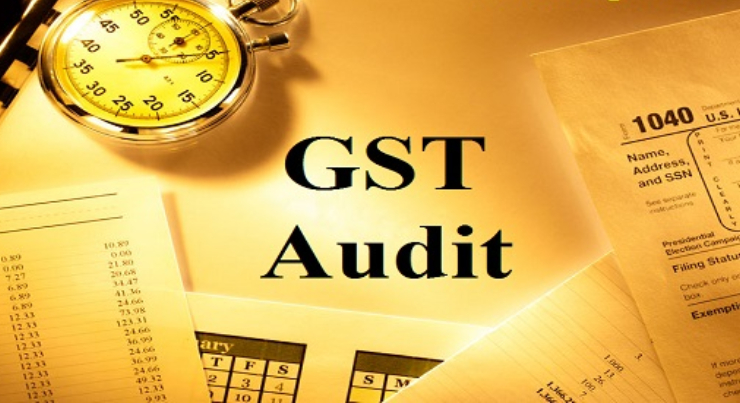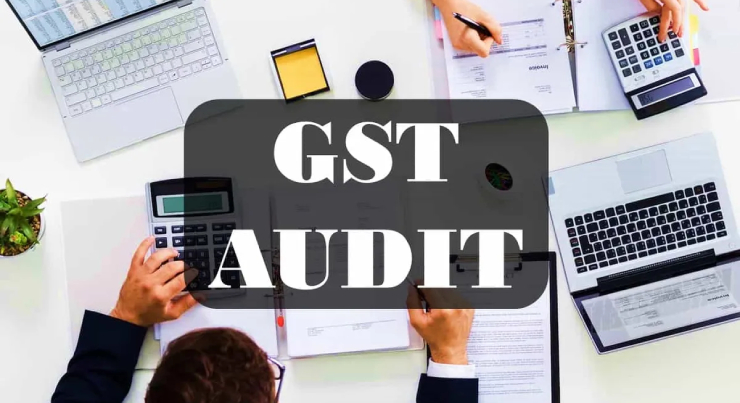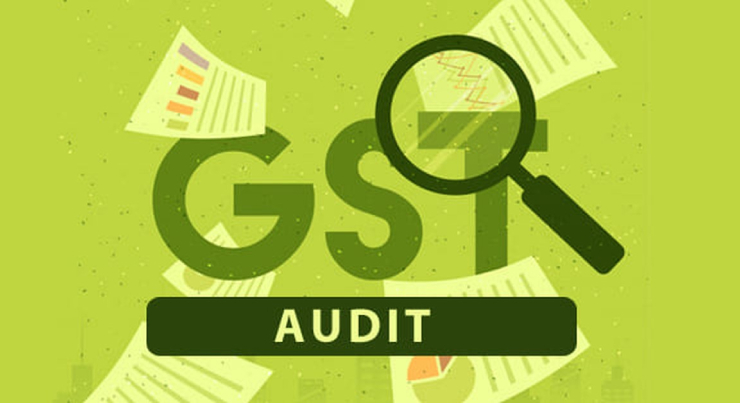GST Audit Details
Qualification of GST Auditor & Eligibility
Only a Chartered Accountant or a Cost Accountant can perform a GST Audit u/s 35.
Points to Note:
- An internal auditor cannot parallelly be appointed as a GST Auditor.
- The GST Act does not allow a GST practitioner to perform the audit. The power to audit is granted only to a Chartered Accountant or Cost Accountant who is in practice or is an employee of a firm of Chartered Accountants or Cost Accountants. Therefore, a Chartered Accountant must not be registered as a GST practitioner for the purpose of issuing the Audit Report.
- Where an organisation or an entity has multiple branches registered under GST in different states/UTs, the total aggregate turnover of all such branches is considered while calculating the threshold limit of Rs. 2 crores^.
So, if the cumulative turnover of all the branches exceeds Rs. 2 crores^, then the GST audit is applicable to each of these branches, irrespective of whether the turnover of a particular branch is less than the threshold.In such cases, one can appoint either one dedicated auditor for all branches or separate auditor for each branch.
Where multiple branches have different auditors, the Standards on Auditing: SA 299 — Responsibility of the Joint Auditors may apply for the purpose of reporting GST Audit observations & Reporting.
Conducting GST Audit & Issue of GST Audit report
Appointment of GST Auditor
A proprietor, partner or Board of Directors in case of a Company should appoint a GST Auditor at the beginning of the financial year.
These home loan tax benefits help borrowers save substantial amount of money every year. And even more so after the Finance Minister Nirmala Sitharaman presented her first 2019 Union Budget on 5th July. Let’s look at the updated income tax benefits on home loan FY 2019-20 so that you can make the most of it.
Accounts to be to be reviewed by GST Auditor
Following are important accounts or records for review:
- Sales register
- Purchase register and expenses ledgers
- Input tax credit availed and utilised
- e-Way bills generated during the period under audit, if in compliance with rules.
- Output tax payable and paid
- Stock Register
- e-Invoices and IRN generated and kept on record
- Any documents that record communications from the GST department relating to the year.
The above mentioned accounts or records are important for review for a proprietor, partner or Board of Directors in case of a Company should appoint a GST Auditor at the beginning of the financial year.
Review of comments by GST Auditor
Appointment of GST Auditor?
The Auditor must report any tax liability pending for payment by the taxpayer, identified through the reconciliation exercise and observations made on GST audit. Taxpayers can settle taxes as recommended by the auditor in form DRC-03.


